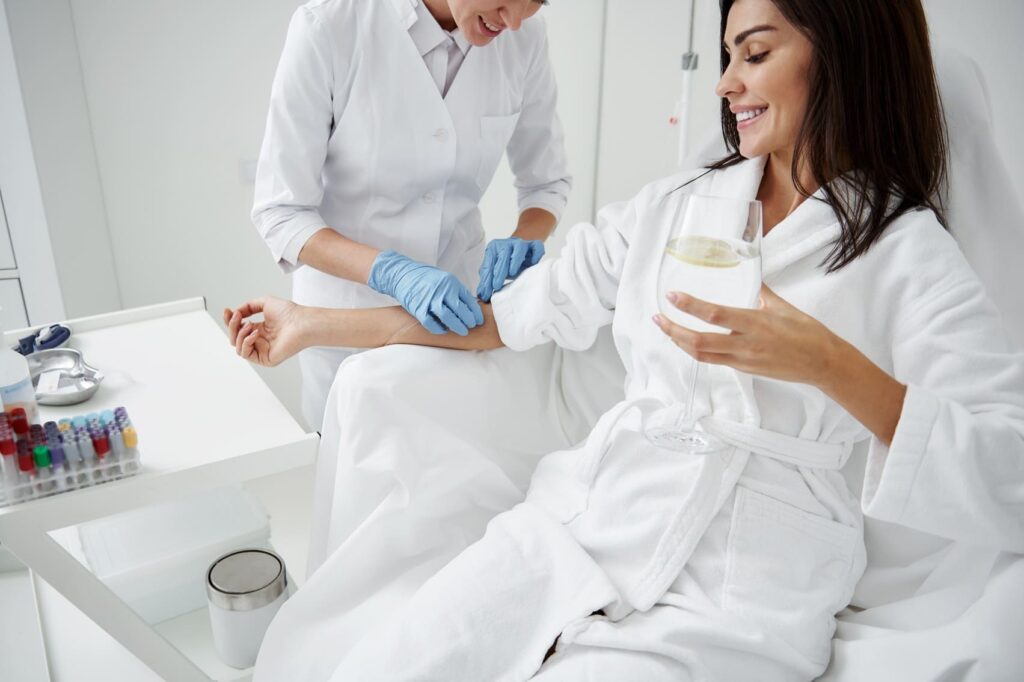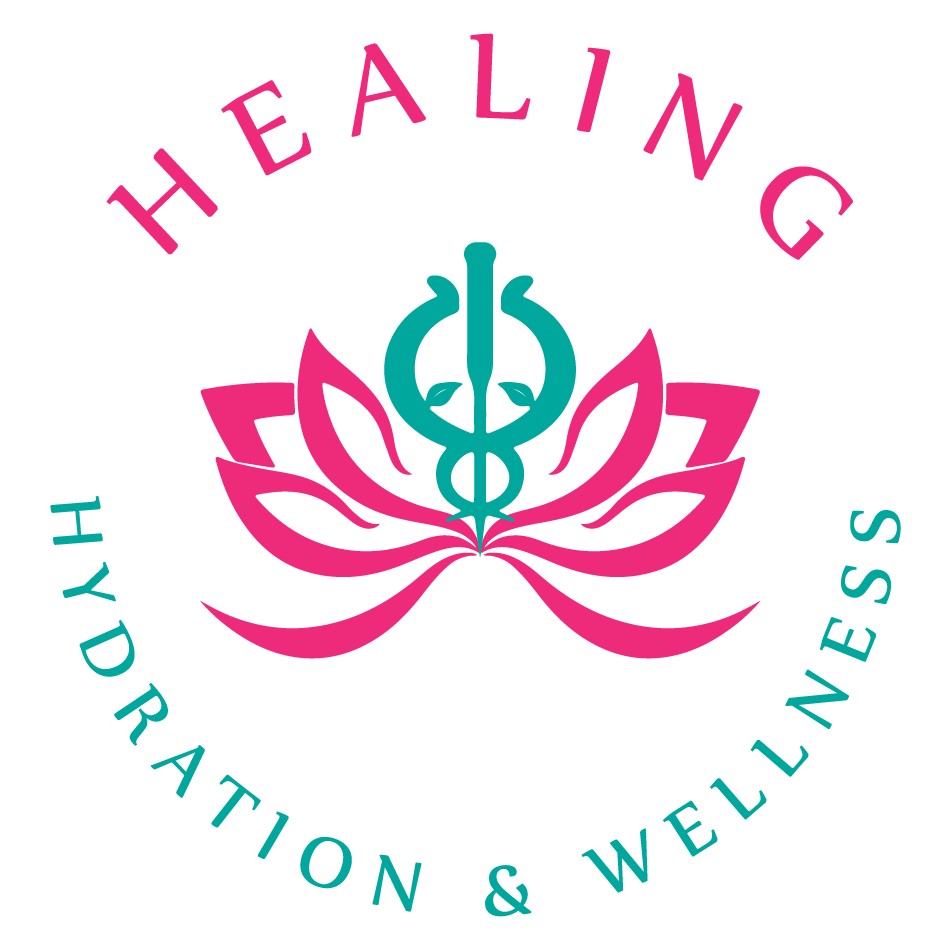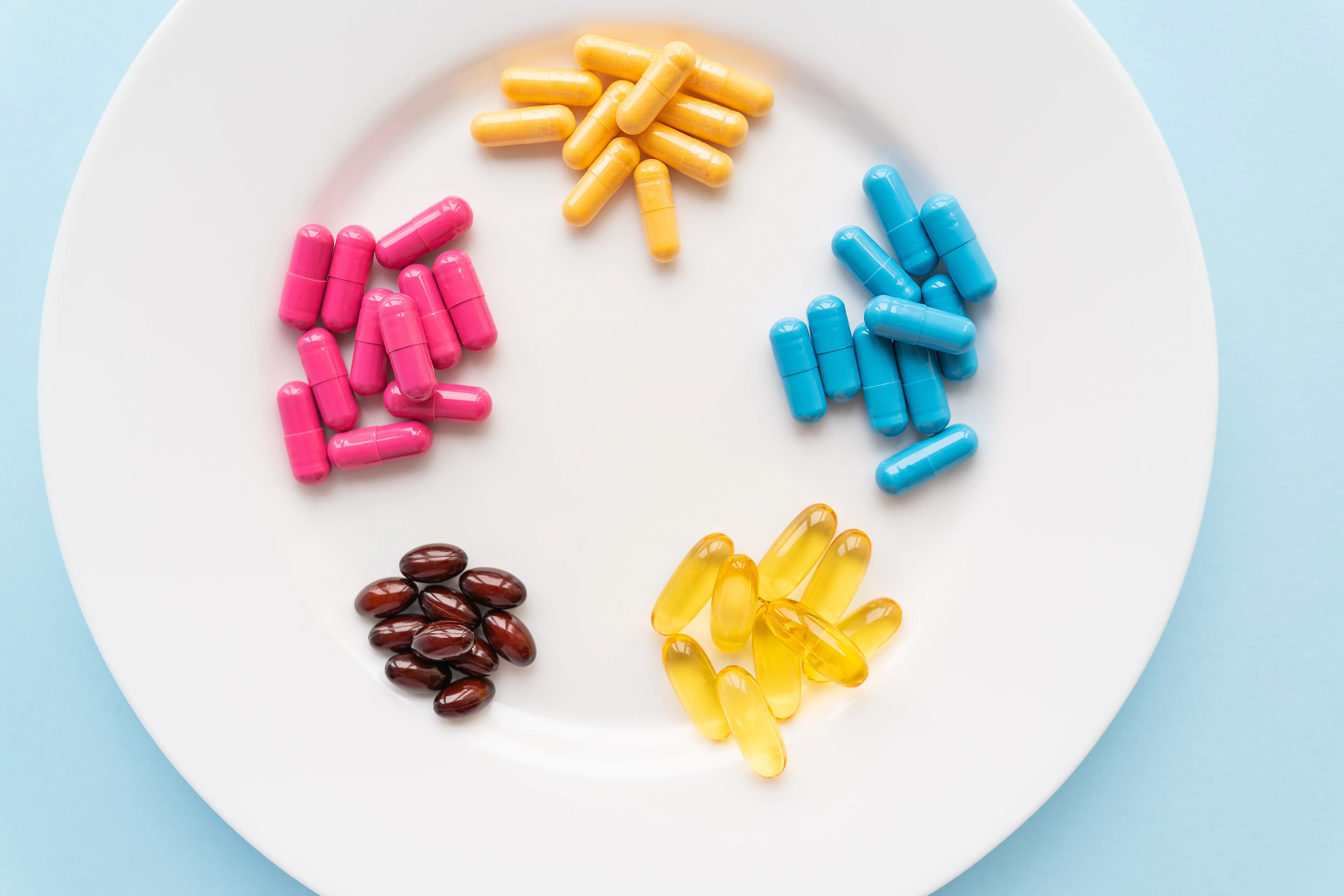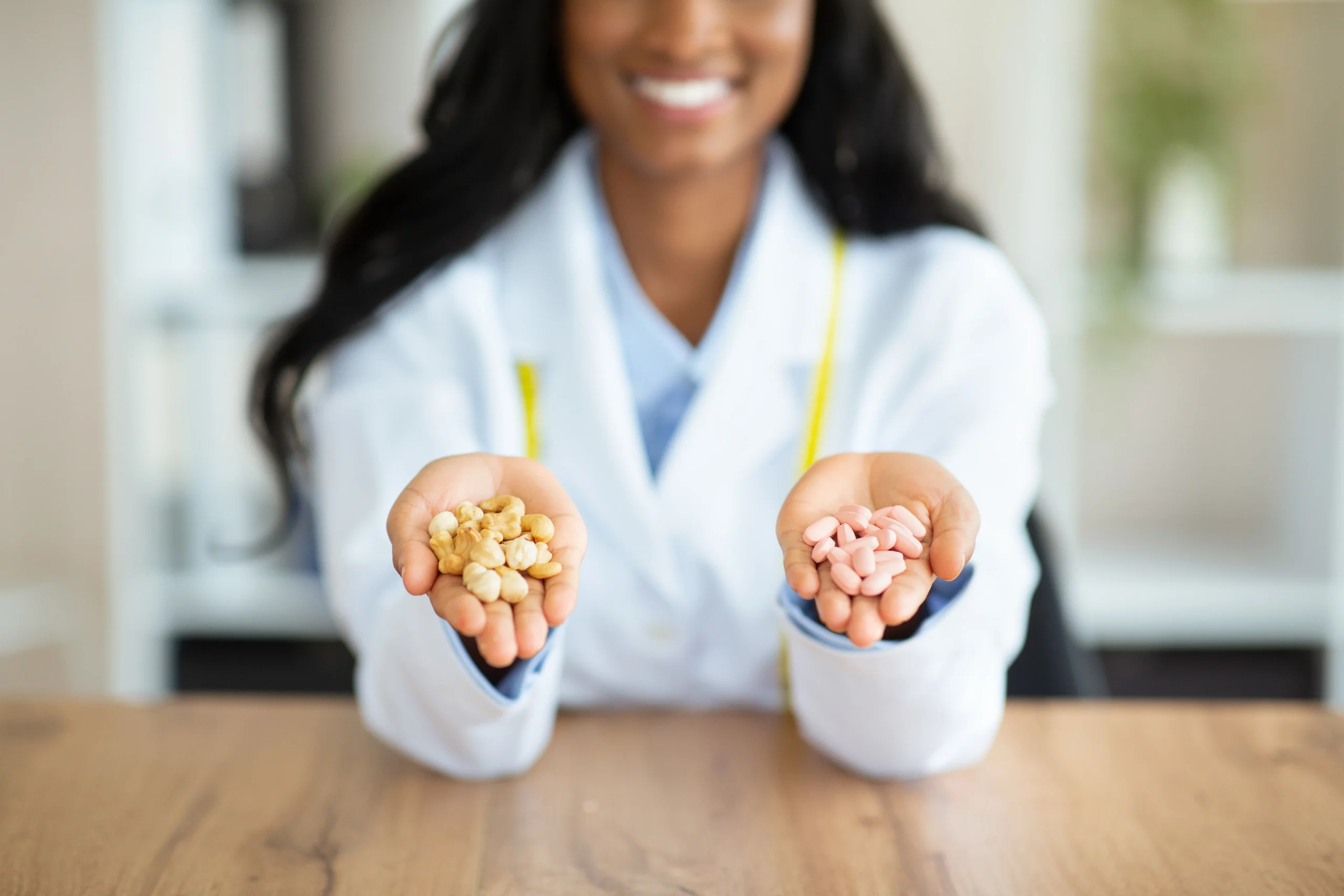Testosterone is a crucial hormone for both men and women, though it plays a more prominent role in male health. In men, testosterone is responsible for a variety of functions, including muscle growth, energy levels, bone density, and even mood regulation. Unfortunately, testosterone levels tend to decrease with age, and many individuals experience low testosterone levels at some point in their lives. Fortunately, there are several natural methods to boost testosterone production and optimize overall health.
At Healing Hydration & Wellness of Vero Beach, we understand the importance of natural health solutions. Our team is dedicated to helping individuals improve their well-being, and boosting testosterone naturally can contribute to increased vitality, strength, and mental clarity. In this article, we will explore the most effective and science-backed ways to raise testosterone levels naturally.

Understanding Testosterone and Its Role
Before diving into the natural methods of boosting testosterone, it’s important to understand what this hormone does for the body. Testosterone is produced mainly in the testes in men and ovaries in women, though smaller amounts are produced by the adrenal glands.
Testosterone is crucial for many functions in the body:
- It promotes muscle growth and fat loss, contributing to a leaner physique.
- It helps maintain bone density and promotes the production of red blood cells.
- It plays a key role in mental health, influencing mood, focus, and cognitive function.
- It supports a healthy libido and contributes to sexual function.
A natural decline in testosterone occurs with age, typically beginning in the late 20s to early 30s. However, lifestyle factors such as stress, poor diet, and lack of exercise can also contribute to low testosterone levels.

Exercise Regularly, Especially Strength Training
One of the most effective and natural ways to boost testosterone levels is through exercise. Both cardiovascular exercises and strength training can have a positive impact on testosterone production. However, strength training, or resistance training, has been shown to be particularly effective in stimulating the body to produce more testosterone.
Weightlifting, bodyweight exercises, and activities like squats and deadlifts are great ways to increase testosterone levels. Studies have shown that intense strength training sessions lasting around 45 minutes can significantly increase testosterone production. Incorporating compound movements that work multiple muscle groups at once can yield even greater benefits.
High-intensity interval training (HIIT) is another type of exercise that can boost testosterone. HIIT involves short bursts of intense activity followed by brief recovery periods, and it has been shown to increase hormone levels in both men and women.

Optimize Your Diet to Support Testosterone Production
A balanced and nutritious diet is essential for maintaining healthy testosterone levels. Certain foods are particularly beneficial for boosting testosterone and supporting overall hormone production.
- Healthy Fats: Testosterone is synthesized from cholesterol, so including healthy fats in your diet is crucial. Avocados, olive oil, nuts, and fatty fish (such as salmon) provide healthy fats that support hormone production.
- Zinc: Zinc is an essential mineral that plays a direct role in testosterone production. Zinc deficiency has been linked to lower testosterone levels. Foods like red meat, shellfish, beans, and pumpkin seeds are rich in zinc.
- Vitamin D: Low levels of vitamin D have been associated with low testosterone levels. The sun is the best natural source of vitamin D, but you can also find it in fortified foods, eggs, and fatty fish.
- Protein: Protein is essential for muscle repair and growth, and it helps regulate the production of testosterone. Lean meats, eggs, dairy products, and plant-based sources like legumes and quinoa are excellent protein-rich foods.
- Magnesium: Magnesium helps with the synthesis of testosterone and can be found in foods like spinach, almonds, and bananas.
By ensuring that your diet includes these essential nutrients, you are providing your body with the building blocks needed for optimal testosterone production.

Prioritize Sleep
Sleep plays a pivotal role in maintaining healthy testosterone levels. Research has shown that poor sleep quality or insufficient sleep can lead to a significant decline in testosterone production. Testosterone is largely produced during sleep, particularly during deep sleep stages, so not getting enough rest can directly impact hormone levels.
Most adults should aim for at least 7 to 9 hours of quality sleep per night. To improve sleep quality, consider establishing a relaxing nighttime routine, limiting screen time before bed, and ensuring your sleep environment is quiet and comfortable.
In addition to improving sleep duration, managing stress can also improve sleep quality. Chronic stress elevates cortisol levels, which can negatively affect testosterone production. Practices like deep breathing exercises, yoga, or meditation can help lower stress and promote better sleep.

Maintain a Healthy Weight
Carrying excess weight, especially around the abdomen, is associated with lower testosterone levels. Fat cells contain an enzyme called aromatase, which converts testosterone into estrogen. As a result, individuals with higher levels of body fat may experience reduced testosterone levels.
Losing excess weight through a combination of diet and exercise can help restore testosterone to healthier levels. Focusing on a balanced diet and regular physical activity, especially strength training, can help you reduce body fat and maintain a healthy weight, ultimately supporting testosterone production.

Minimize Stress and Cortisol Levels
Chronic stress is one of the primary factors that can lower testosterone production. When the body experiences stress, it releases cortisol, a hormone that helps the body respond to stress. However, elevated cortisol levels over prolonged periods can suppress testosterone production and lead to various health problems, including weight gain, fatigue, and reduced libido.
Managing stress effectively is essential for maintaining healthy testosterone levels. Practicing relaxation techniques such as deep breathing exercises, progressive muscle relaxation, or meditation can help reduce cortisol levels. Regular exercise, adequate sleep, and spending time with loved ones are also important stress-reduction strategies.

Avoid Excessive Alcohol Consumption
While a moderate amount of alcohol is generally considered safe, excessive alcohol consumption can have a detrimental effect on testosterone levels. Studies have shown that excessive alcohol intake can lead to lower testosterone production and impair the body’s ability to use testosterone effectively.
Chronic heavy drinking can also contribute to weight gain, liver damage, and hormonal imbalances, all of which can further decrease testosterone levels. If you want to maintain optimal testosterone levels, it’s essential to drink alcohol in moderation, or ideally, avoid it altogether.

Consider Herbal Supplements
Certain herbs and natural supplements have been shown to help boost testosterone levels. While the effectiveness of these supplements can vary from person to person, some options may be worth considering as part of a natural approach to testosterone support.
- Ashwagandha: This adaptogenic herb has been shown to reduce cortisol levels and increase testosterone in both men and women.
- Fenugreek: Fenugreek is a herb commonly used in cooking, and research has shown that it can help improve testosterone levels and sexual function.
- Ginseng: Ginseng has been used for centuries in traditional medicine to enhance vitality and energy. Some studies suggest that it may help increase testosterone levels and improve sexual function.
Before taking any herbal supplements, it’s important to consult with a healthcare professional to ensure they are safe and appropriate for your individual needs.

Final Thoughts
Boosting testosterone naturally involves adopting a comprehensive approach that includes regular exercise, a balanced diet, stress management, and adequate sleep. By making healthy lifestyle changes and incorporating specific practices to optimize testosterone production, you can improve your energy levels, muscle mass, and overall well-being.
At Healing Hydration & Wellness of Vero Beach, we believe in the power of natural solutions to support your health and wellness goals. Whether you are looking to optimize your testosterone levels, recover from fatigue, or enhance your overall vitality, we offer personalized services and expert advice to guide you on your journey to better health. By taking the necessary steps to maintain healthy testosterone levels, you can experience enhanced vitality, improved performance, and a greater sense of well-being. We hope this helps you understand how to boost testosterone naturally.



